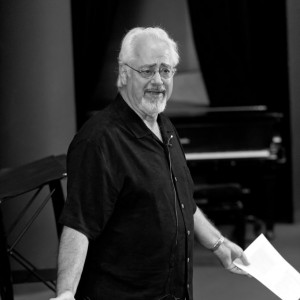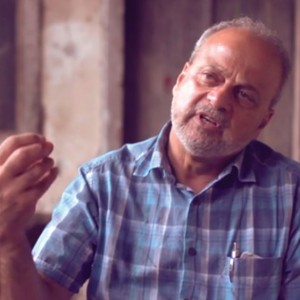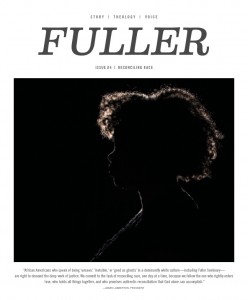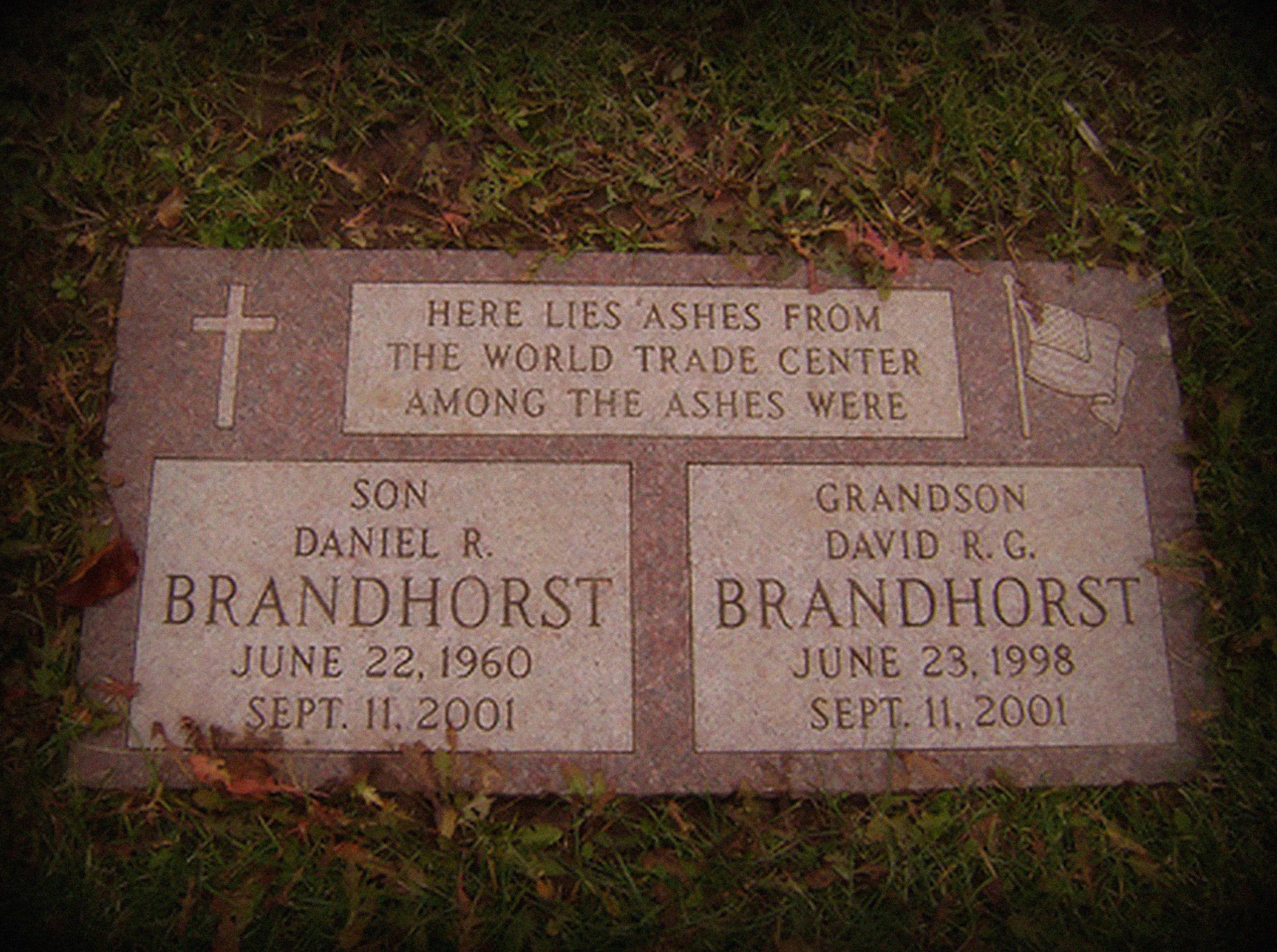
“Forgiveness is a journey, sometimes a lifelong journey. We have no control over the end; some relationships will never be mended this side of heaven. Some offenses are so grievous that it is not within our power to forgive. And yet the journey must begin, for it is a journey toward our own freedom and peace.”
+ from the late Ray Anderson, professor of theology and ministry at Fuller [1976–2009], in his essay “A Theology of Forgiveness.” Pictured above is the gravesite of Jacob Rogers’s [MAT ’15] uncle and nephew. In the class Developing Communities in Muslim Contexts, Jacob wrote on the long-term process of forgiveness—one he confesses is still a work in progress: “I cannot say that my deep-seated resignations are completely gone, but through study and understanding I am finding healing.”
“Forgiveness is the mutual recognition that repentance is genuine and that right relationships have either been restored or achieved. It is not denial of the injury, avoidance of the conversation, pretense that it does not matter, generosity that overlooks the reality of actual wrongdoing, tolerance that permissively sidesteps the hard work to be done, superiority that rises above the other in magnanimous perfectionism. It is the hard, painful, vulnerable risking of sharing in the conversation on repentance.”
+ David Augsburger, professor of pastoral care and counseling, in his book The New Freedom of Forgiveness.
“This session was eye-opening, and the women were sincere and honest with each other, and they truly heard and acknowledged one another’s hurts. The women felt heard and better understood, and they felt their hurt was acknowledged. This does not mean that they necessarily agree with each other, but that they learned to better listen to one another. The other side’s acknowledgment of one’s hurt is part of the forgiveness process, and it helps in the healing process. They left excited by the furthering of their relationships and the newly found openness they achieved as they were vulnerable with one another.”
+ Salim J. Munayer [MAT ’84] founded and leads Musalaha (an Arabic word that means “forgiveness” or “reconciliation”), a nonprofit in Jerusalem committed to restoring relationships between Israelis and Palestinians. This reflection is from their recent women’s conference on the theme of forgiveness. See more here.
“The persecuted church puts a primary focus on the victim’s healing and restoration while also pursuing the restoration of the aggressor and the community as a whole. I believe that Jesus’ cross is a clear example of this kind of ‘restorative justice,’ and this process has touched me deeply. We as victims and as aggressors are to carry out the ministry of reconciliation through repentance and forgiveness. This is why I think ‘restorative justice’ is an important concept for the ministry of reconciliation.”
+ Kyung Lan Suh, adjunct professor in the Korean School of Intercultural Studies program, shared her research on the Mennonite church and forgiveness at the ReconciliAsian Banquet in 2014.
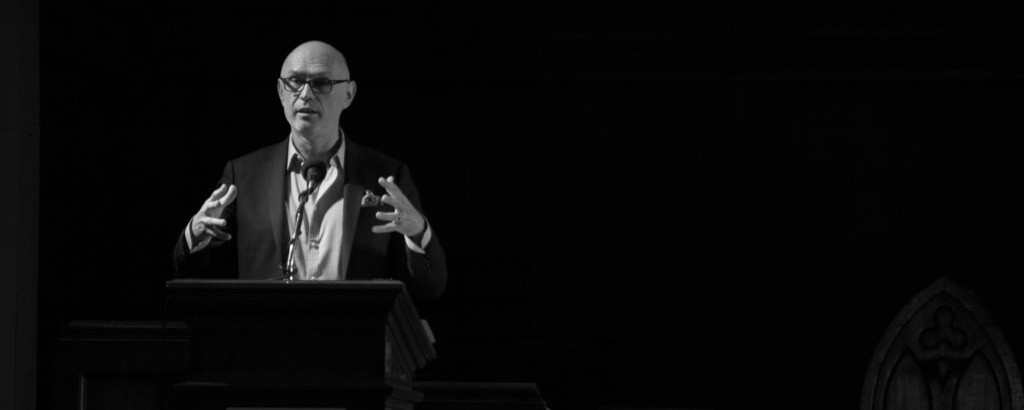 “Hidden in the dark chambers of our hearts and nourished by the system of darkness, hate grows and seeks to infest everything with its hellish will to exclusion. In the light of the justice and love of God, however, hate recedes and the seed is planted for the miracle of forgiveness. Forgiveness flounders because I exclude the enemy from the community of sinners. But no one can be in the presence of the God of the crucified Messiah for long without overcoming this double exclusion—without transposing the enemy from the sphere of monstrous inhumanity into the sphere of shared humanity and herself from the sphere of the proud innocence into the sphere of common sinfulness. . . . In the presence of God our rage over injustice may give way to forgiveness, which in turn will make the search for justice for all possible.”
“Hidden in the dark chambers of our hearts and nourished by the system of darkness, hate grows and seeks to infest everything with its hellish will to exclusion. In the light of the justice and love of God, however, hate recedes and the seed is planted for the miracle of forgiveness. Forgiveness flounders because I exclude the enemy from the community of sinners. But no one can be in the presence of the God of the crucified Messiah for long without overcoming this double exclusion—without transposing the enemy from the sphere of monstrous inhumanity into the sphere of shared humanity and herself from the sphere of the proud innocence into the sphere of common sinfulness. . . . In the presence of God our rage over injustice may give way to forgiveness, which in turn will make the search for justice for all possible.”
+ from Miroslav Volf [MA ’79], professor at Fuller for many years, in his book Exclusion and Embrace. He spoke at our 2014 Payton Lectures on issues of world religions and justice.
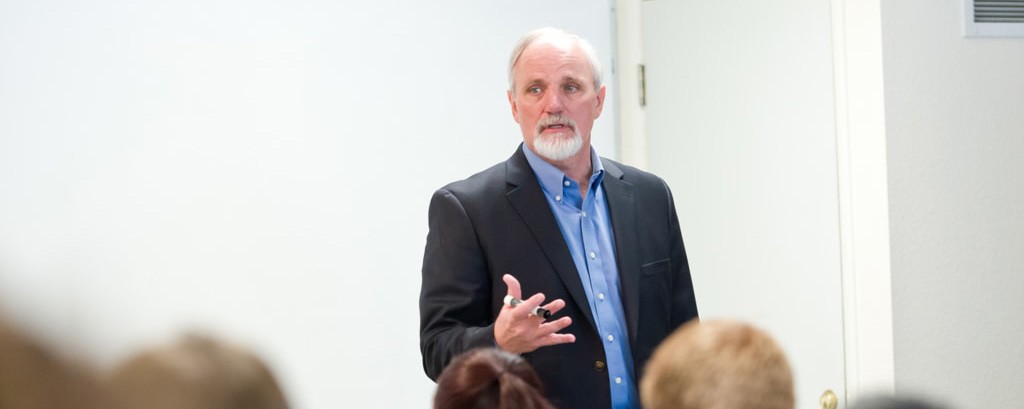 “Forgiveness is the process by which love and trust are reestablished in relationships. Forgiveness doesn’t consist of simple platitudes or superficial statements that are expected to make the past go away. It is not forgetting about serious damage or letting someone off who caused hurt without taking responsibility. It is not about subjecting yourself to an untrustworthy or unloving person who will just hurt you all over again. What forgiveness is about is the coming together of at least two people, after there has been severe damage or hurt in their relationship, to rewrite the story of love and trust in a responsible way that will make their relationships and families stronger and healthier.”
“Forgiveness is the process by which love and trust are reestablished in relationships. Forgiveness doesn’t consist of simple platitudes or superficial statements that are expected to make the past go away. It is not forgetting about serious damage or letting someone off who caused hurt without taking responsibility. It is not about subjecting yourself to an untrustworthy or unloving person who will just hurt you all over again. What forgiveness is about is the coming together of at least two people, after there has been severe damage or hurt in their relationship, to rewrite the story of love and trust in a responsible way that will make their relationships and families stronger and healthier.”
+ from Terry Hargrave, professor of marriage and family therapy in the School of Psychology, in his book Forgiving the Devil. In 2015, Dr. Hargrave led Fuller’s first “Family and Forgiveness group” through Fuller Psychological and Family Services.
My Story of Forgiveness
My story of forgiveness begins with my mother.
She was a wonderful, selfless woman—a woman of prayer, often on her knees in the early hours of dawn. Her Bible was worn through from reading. She was generous and kind, often giving her lunch to strangers on the bus. She was an evangelist who gave tracts to people waiting with her at the bus stop, who went up and down the aisles of her bus praying for other passengers. When I decided to go into full-time mission work, I knew she would cover me in prayer and love.
Early in 2010, my mother was diagnosed with cancer of the lymph nodes. I returned to the States from Taiwan to be with her during surgery, but afterward—even though she asked me to stay—I chose to go back because I loved the travel and the excitement of my work. So, in the name of what God was doing in the world, I abandoned my mom.
This is one of the most painful mistakes of my life.
A year later the lymphoma had spread throughout her body. I returned to the States again, and, for a year, I lived in the hospital with my mom, feeding and washing and caring for her as penance for my failure to love her more than my ambitions.
After I buried my mom in February of 2012, I entered into the darkest season of my life. I was overrun by guilt—I couldn’t sleep, I didn’t eat, and my mind was teeming with thoughts of death and suicide. I was riddled with regret, pain, and grief. I should have stayed with her; I should have persuaded her to receive preventative chemo. She had given and given all her life and I had taken and taken. When she needed me, I had abandoned her. My heart felt like it was going to burst.
The first year of my mother’s passing I was at Fuller. I sat in an ethics class talking about the Beatitudes and the poor in spirit, the meek, those hungry for righteousness. My heart ached because I was feeling closer to hell than to the kingdom. My professor prayerfully told me what no one else did, that my selfish and self-centered choices were waking me up early every morning because they needed to be set right. The Holy Spirit was prodding me to recognize my offenses and to receive God’s forgiveness and my mom’s.
I went to my mother’s grave, where I sat weeping, confessing my sin. Though a friend who accompanied me prayed a prayer of forgiveness over my life, I walked away feeling the same. I still woke in the early hours, tormented by the same memories of chemo, radiation, needles, and surgeries. I still missed my mother and longed to feel her hand stroking my face. I still felt guilt, anger, sadness. But each time, a quiet voice in the back of my mind said, “I forgive you.”
I was selfish and self-centered: “I forgive you.” I considered myself more highly than others: “I forgive you.” I let ambition rule my life: “I forgive you.” I abandoned you when you needed me: “I forgive you.”
My mother left me a legacy of her cruciform life, where the weak are strong, the generous have immeasurable wealth, the kind win people’s hearts, and forgiveness overcomes selfishness, my selfishness transformed by forgiveness. I am forgiven.
+ Debi Yu [MDiv student], admissions and student affairs advisor for the Doctor of Ministry program, gave this testimony during Advent in an All-Seminary Chapel service. Watch the video here. The photo is a detail of “Jesus Is Nailed to the Cross” (2002), on loan from artist Christopher Slatoff. Christ’s hand recalls the hand of blessing in Christian icons, intended to show Christ forgiving his enemies as they crucify him.
Further Reading
Forgiving the Devil: Restoring Relationships in Damaging Families
Terry D. Hargrave (Zieg, Tucker & Theisen, 2001)
The New Freedom of Forgiveness
David Augsburger (Moody Publishers, 3d ed., 2000)
Helping People Forgive
David Augsburger (Westminster John Knox, 1996)
Families and Forgiveness: Healing Wounds in the Intergenerational Family
Terry D. Hargrave (Brunner/Mazel, 1994)
Finishing Well: Aging and Reparation in the Intergenerational Family
Terry D. Hargrave, with W. T. Anderson (Brunner/Mazel, 1992)
Available Class
Forgiveness, Reconciliation, and Clinical Practice with Terry D. Hargrave

